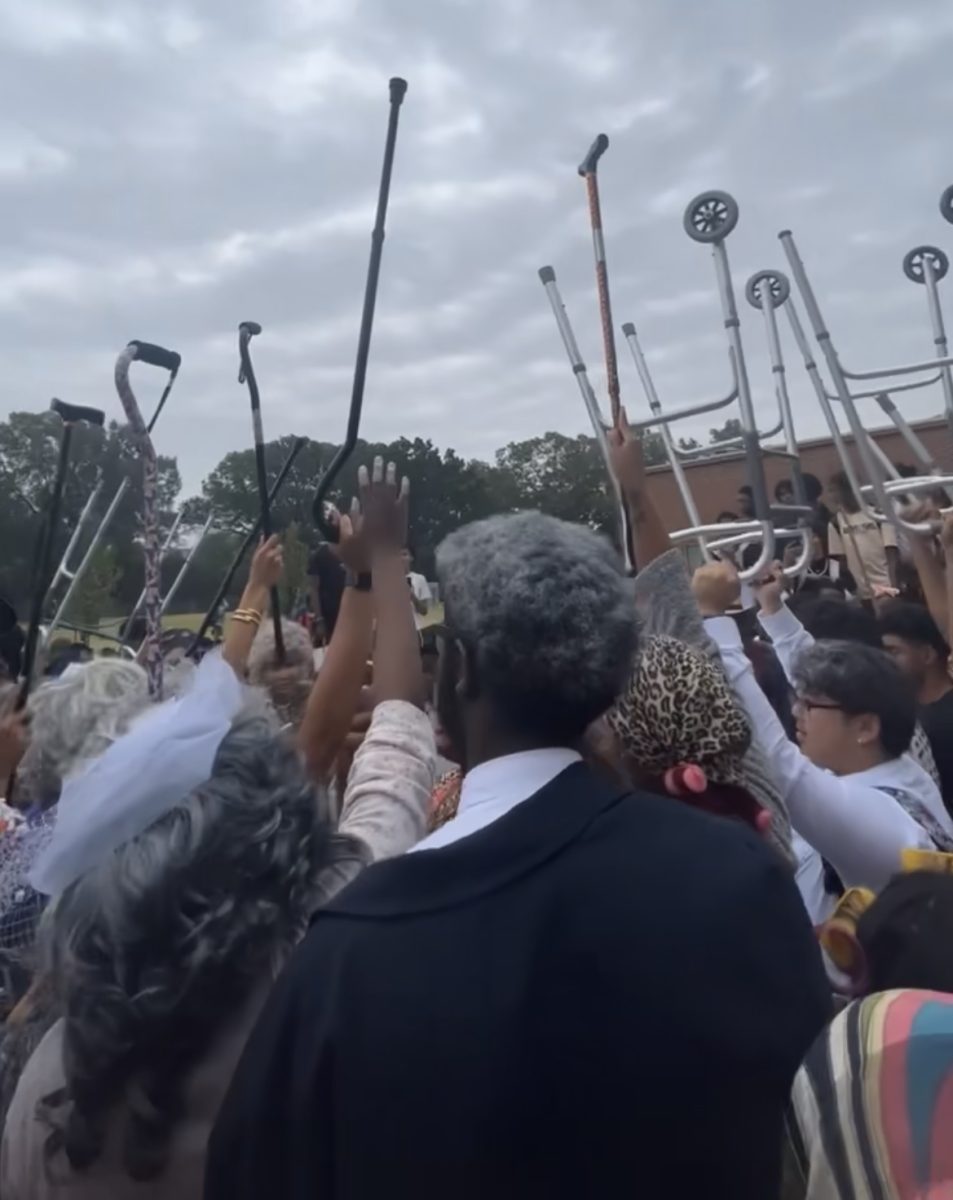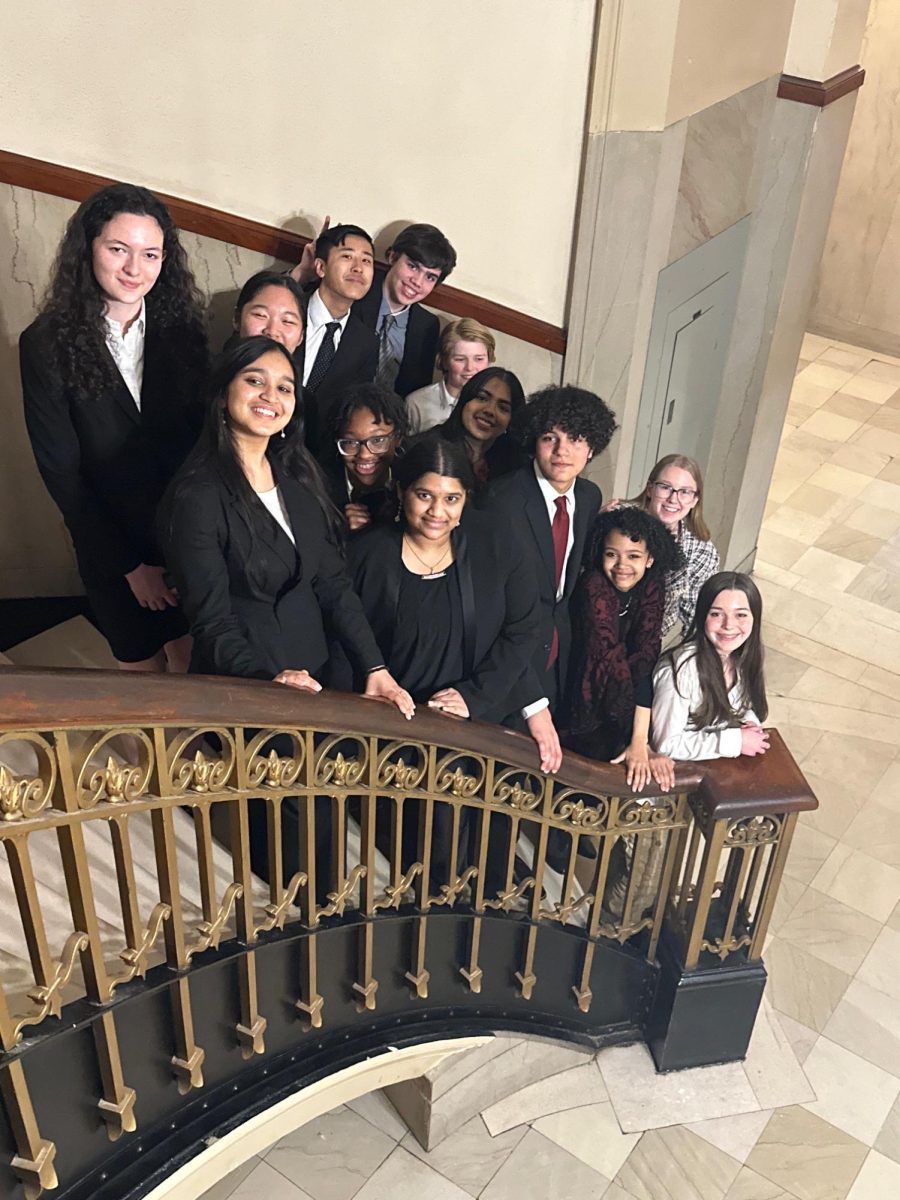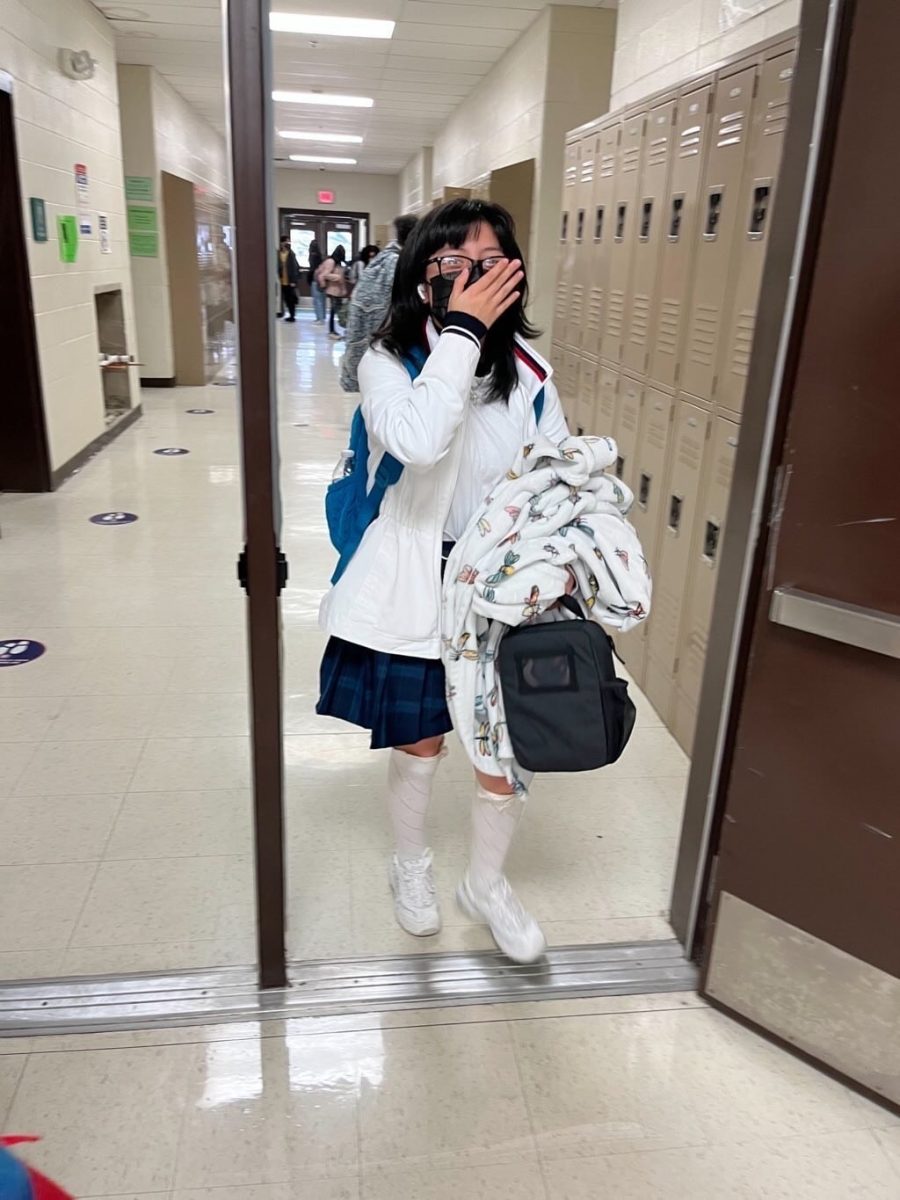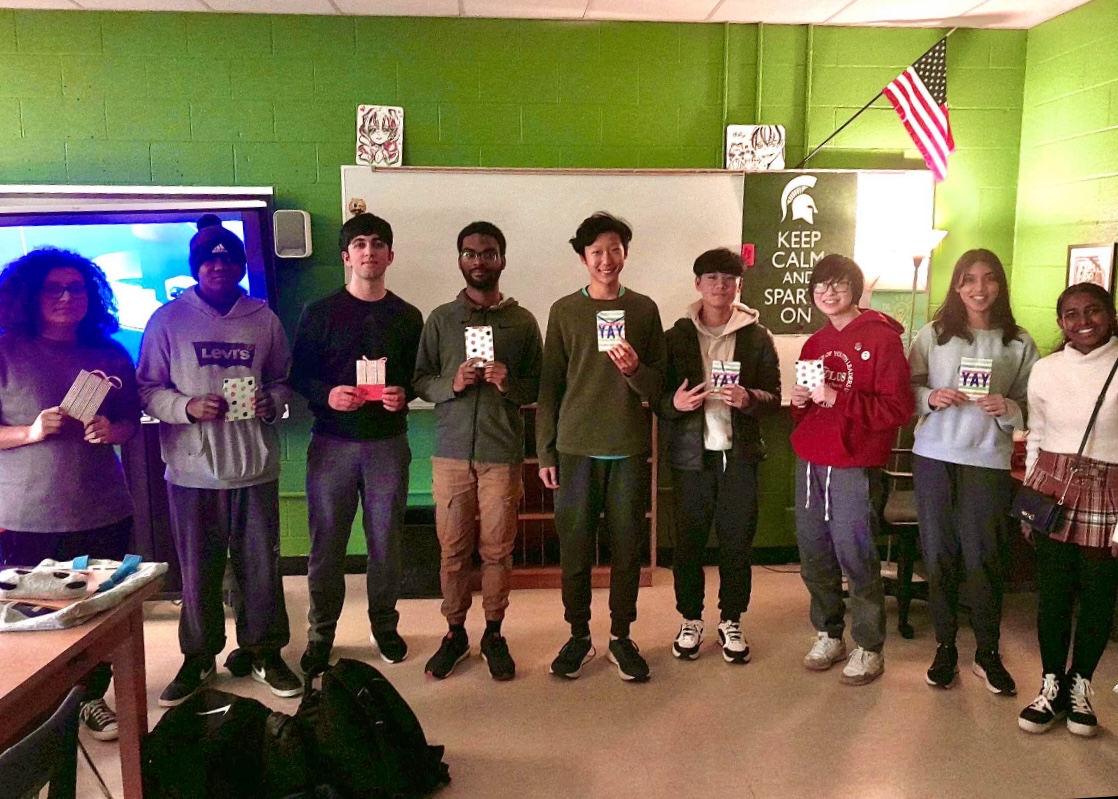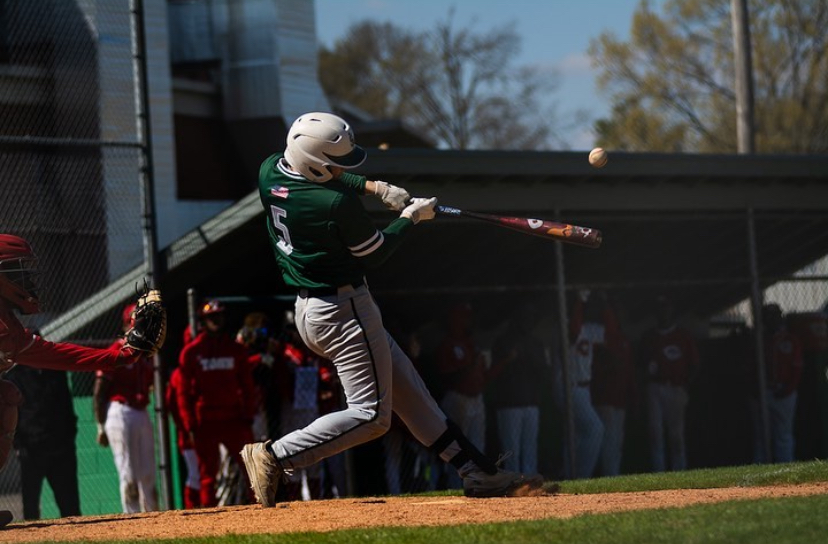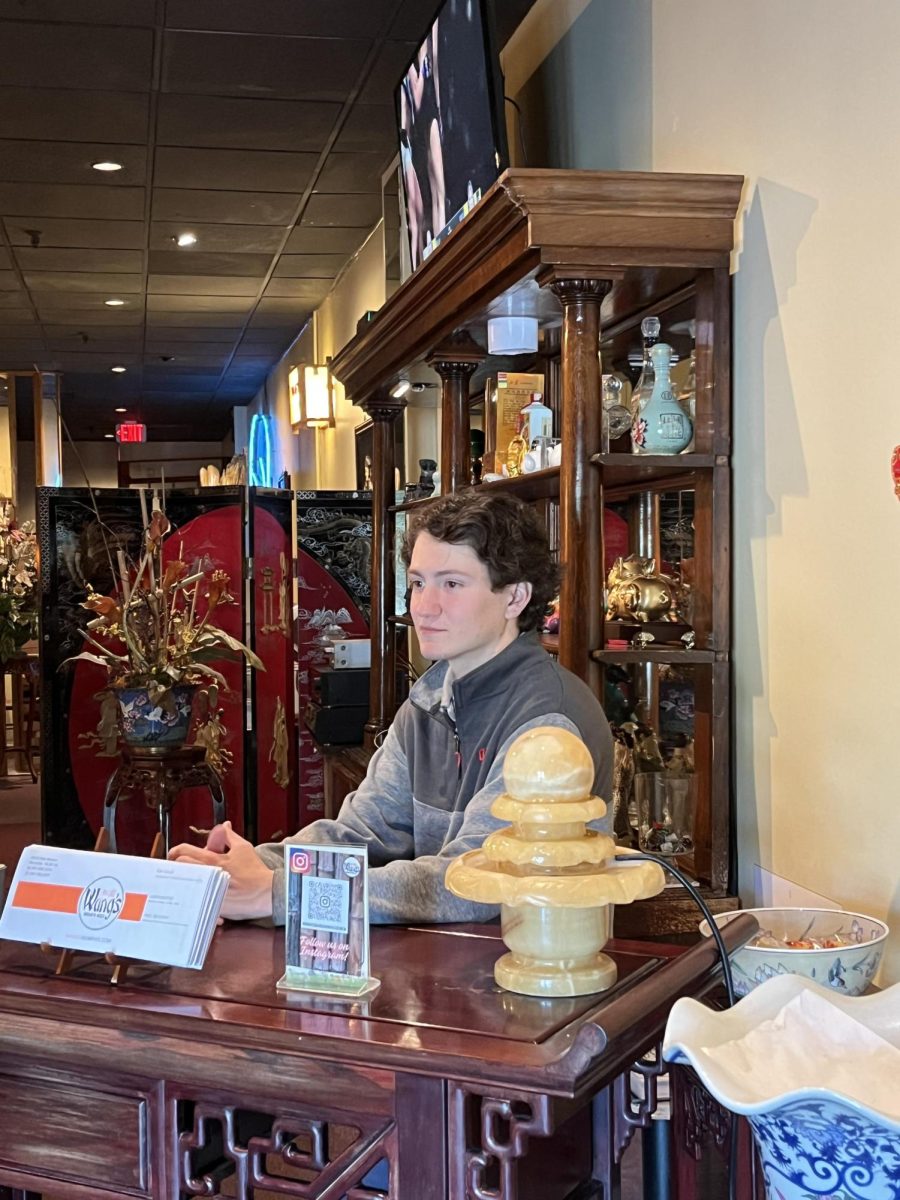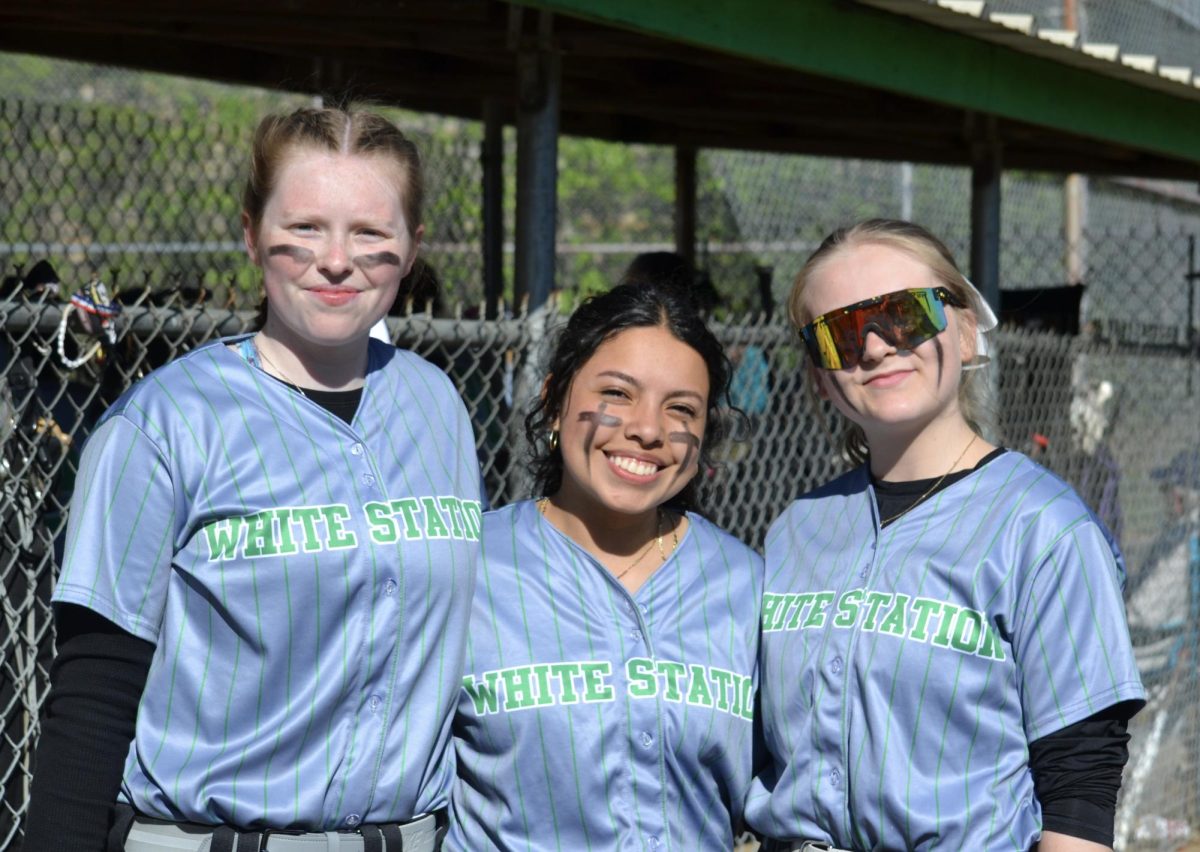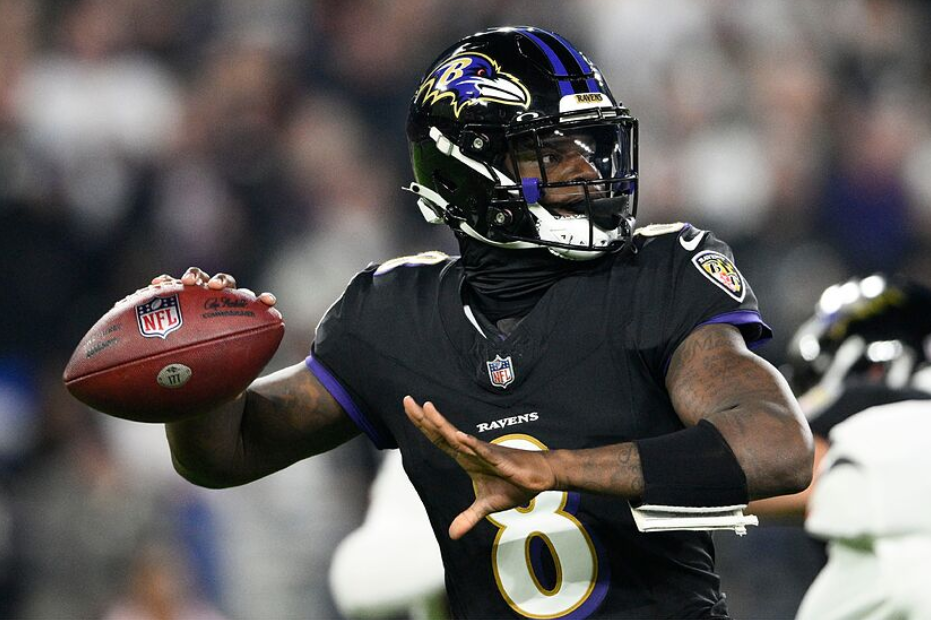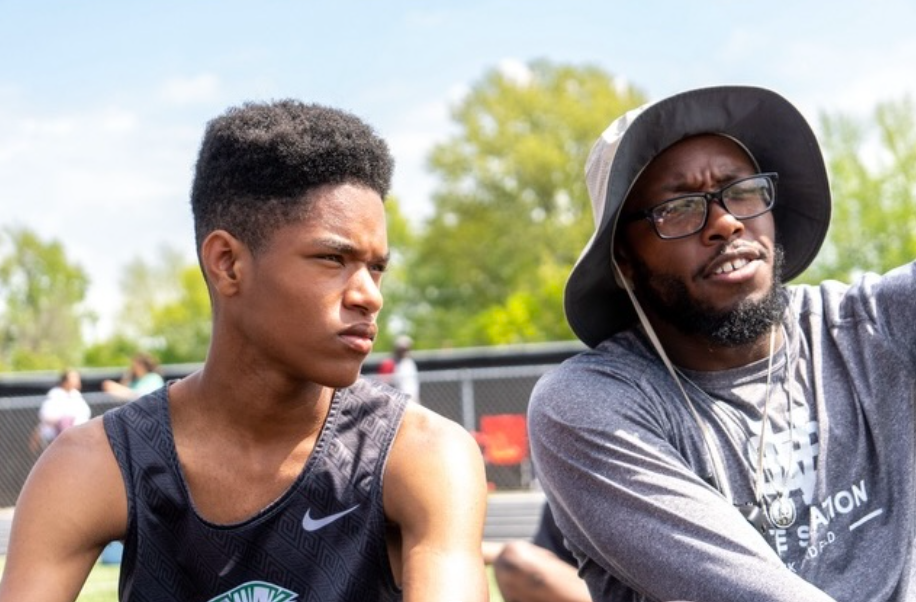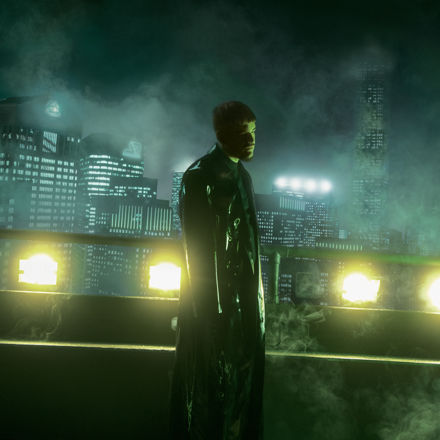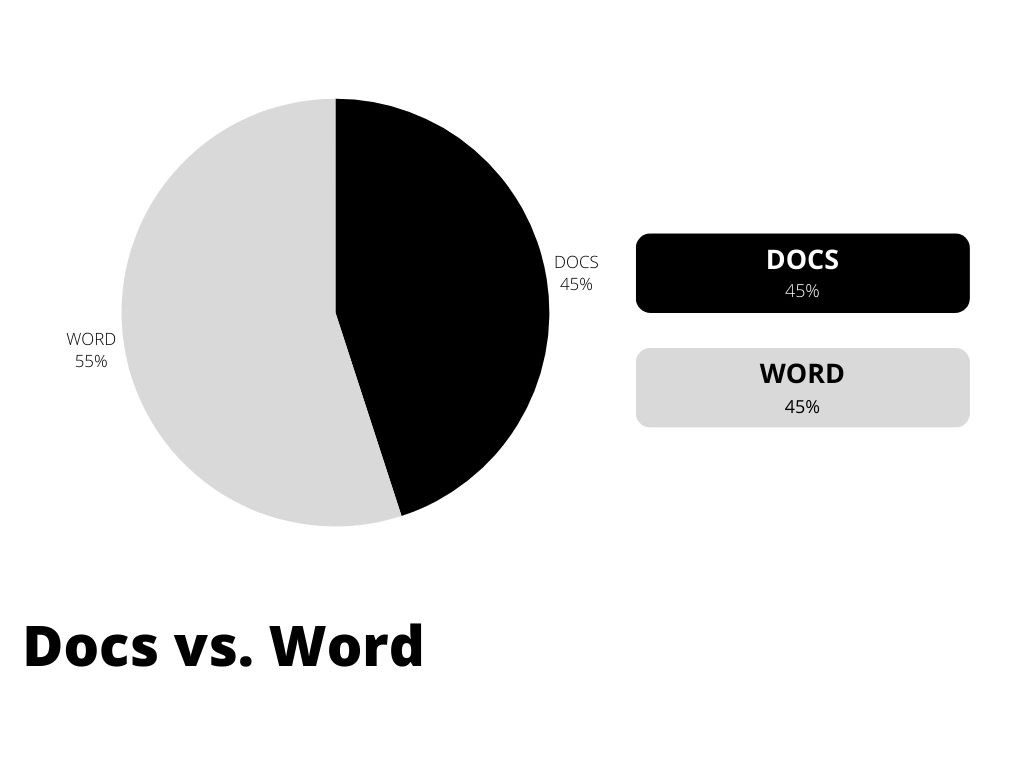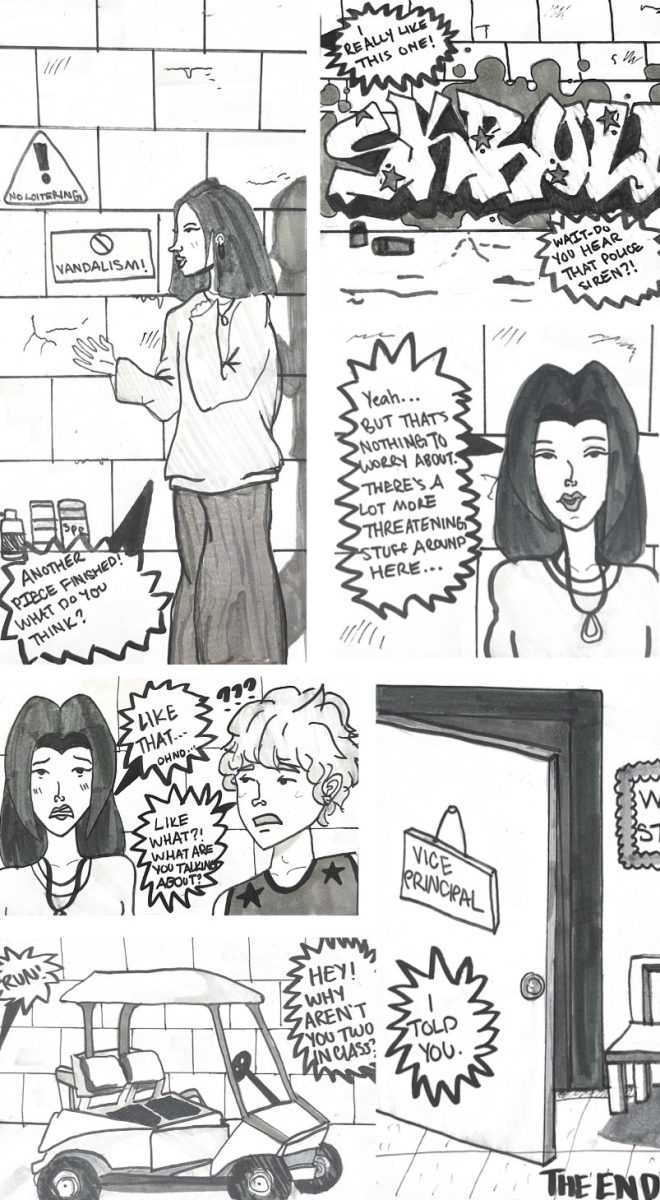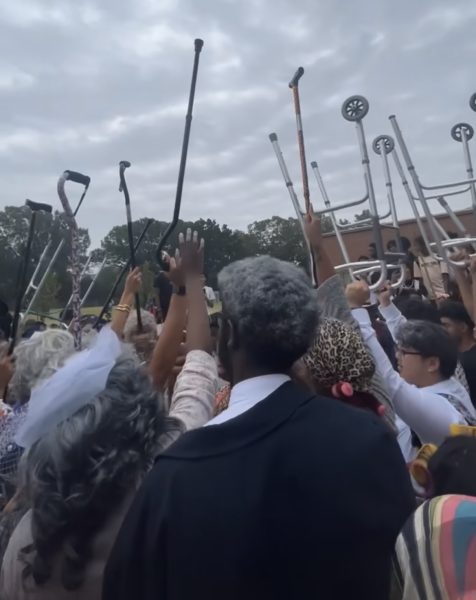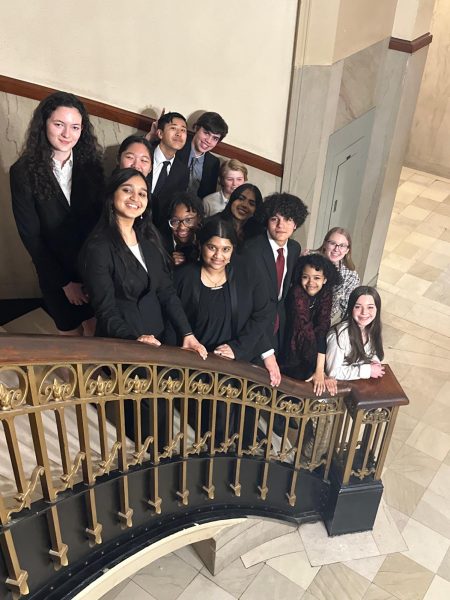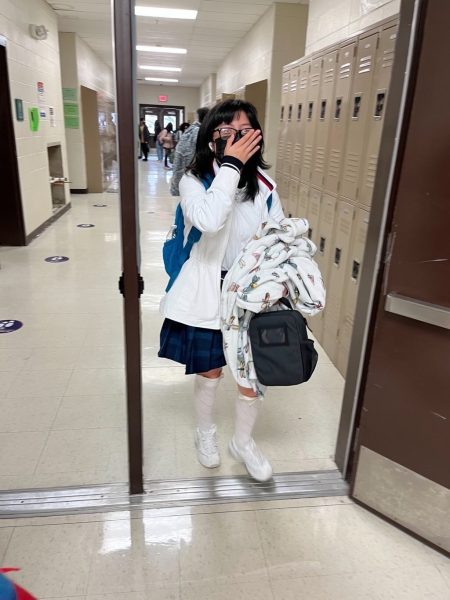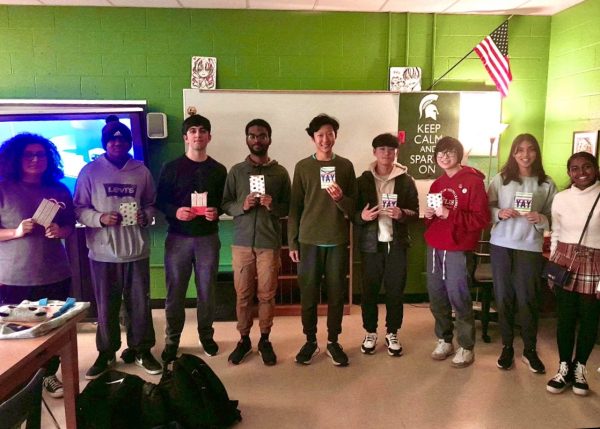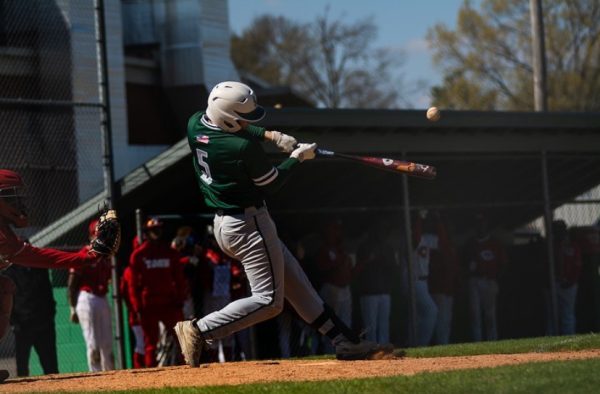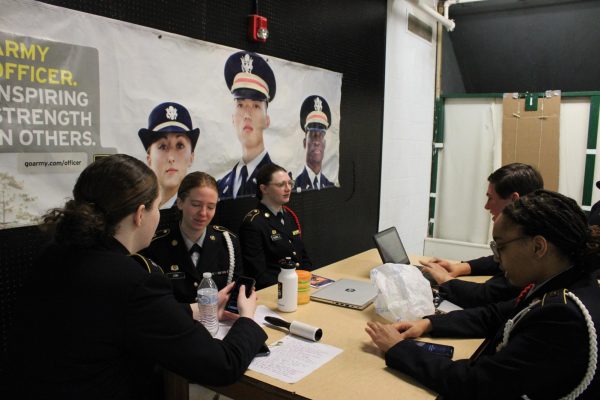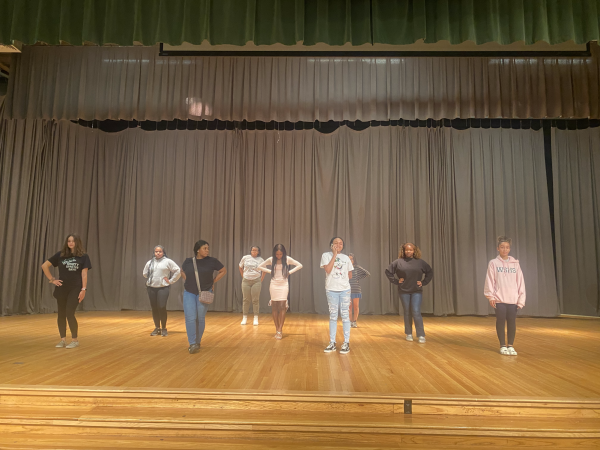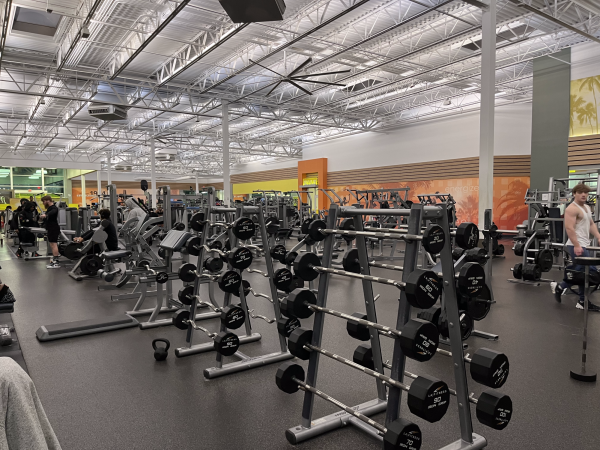Is our school safe?
It was late August 2012, and Boone Good had just come in from a morning doctor’s appointment. He was late to school, so he parked on Death Row for the first time.
“I knew [Death Row] was notorious, but I thought, ‘It’ll be fine. It’s just one day,’” he said. Good made sure to lock the doors.
Returning to his car after school, Good noticed the console between the two front seats had been opened. He walked to the other side of his car, where he saw that the window had been smashed in. His radio had been ripped out, his subwoofer speakers stolen.
English teacher and volleyball coach Jessamyn Bradley shared a similar story: “I had just looked at my phone second period, and it was gone before the start of third. So I knew it had to have been one of my students.”
“I’d let three students go to the bathroom that period, and only two of them came back. So I had a pretty good idea of who had done it,” she said.
Bradley had the Find My iPhone app installed on her phone. It indicated that her phone was in a locker on the first floor of the East Annex. When administrators and security officers opened the locker, they found Bradley’s phone, along with four others.
“It’s a cell phone crime ring, is what it is,” Bradley said.
We’ve all heard the stories about Death Row: windows smashed in, GPS stolen, tires slashed. And there’s always the stolen cell phone – the purse snatching – the missing wallets and jewelry.
This type of incident is classified as criminal activity; it is taken care of by police officers rather than school officials.
Our school is protected by three armed officers from the Memphis Police Department and Shelby County Sheriff’s Office. Officer Smith (MPD) and Deputies Brooks and Turner (SCSO) are therefore not under the authority of White Station or SCS. The officers protect the campus from “both inside and outside influences,” according to Deputy Turner.
Each day, the officers go on routine patrols around the school, check the parking lots, and write up reports of criminal activity. They also give advice on how to secure the campus better.
The most frequent offense is by far cell phone theft. Vice principal Carrye Holland does not believe violence is a campus security issue. According to Holland, “schoolyard fights” do happen, but they are typically handled by administrators, not police officers. Holland could not remember a random act of violence taking place on campus in the seven years she has been here.
Holland proposes that everybody on campus focus on “being proactive, rather than reactive.” Thefts occur, and security chases down perpetrators. Holland believes that crime prevention should be the focus.
Bradley offers a second view: “Students know a lot more about what’s going on than we think…A lot of [the crime] that happens on campus could be resolved more quickly if students helped out. I think students have the responsibility to report what they see.”
Deputy Turner offers the following recommendations to both students and teachers:
1. Lock your cars. Don’t leave anything expensive visible through the windows. GPS, purses, wallets, phones and other electronic devices should be safely stowed out of sight.
2. Be aware of your surroundings. Often a potential thief or attacker will back off if they realize you are paying attention to what’s going on around you. Keep your things in your direct line of sight. Don’t bring valuable items to school in the first place, but if you do, keep them near you.
Your donation will support the student journalists of White Station High School. Your contribution will allow us to purchase equipment and cover our annual website hosting costs.
